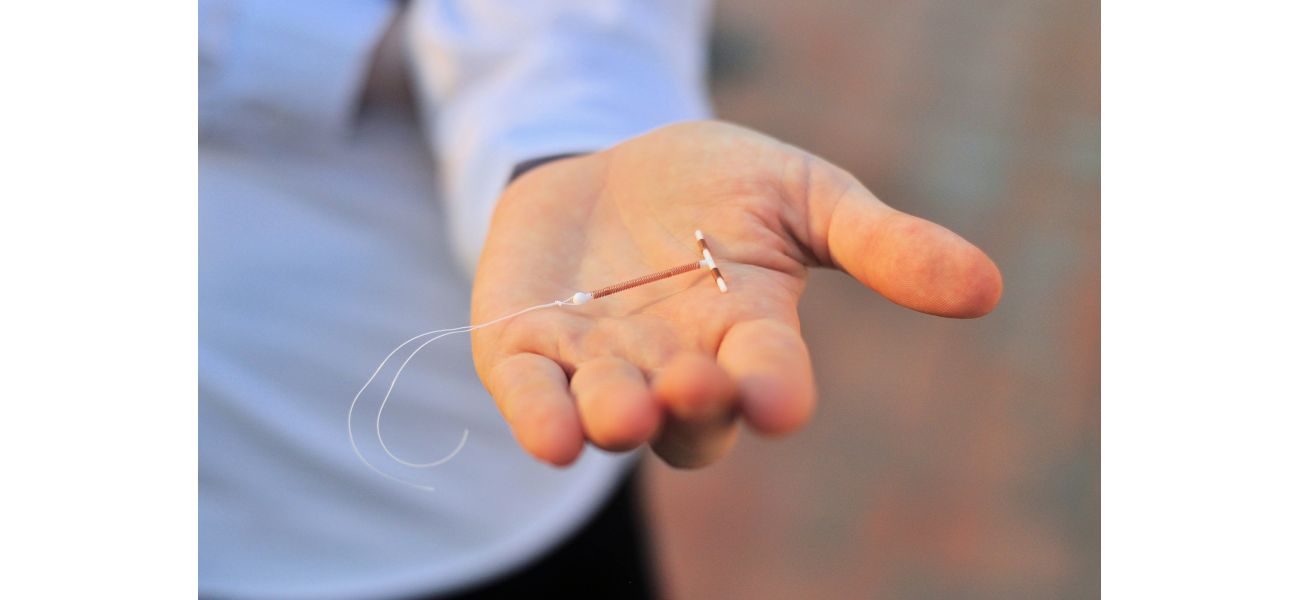Study shows IUDs may raise risk for cancer.
Contraceptive device may increase breast cancer risk.
October 16th 2024.

In a recent international study, it has been discovered that a popular contraceptive device may have a connection to an increased risk of breast cancer. This study, which involved hundreds of thousands of women, has raised concerns about the safety of hormonal intrauterine devices, such as the Mirena. These devices have become increasingly popular in recent years, with data showing that approximately one in eight Australian women of reproductive age are currently using them.
These devices are known for their high efficacy rate, with over 99 percent effectiveness in preventing pregnancy. This makes them one of the most reliable forms of birth control that do not require frequent interventions, like taking a daily pill or receiving monthly injections. However, the results of this new study have shed light on a potential downside to using these devices.
The study, conducted by a team of researchers from Denmark, tracked over 156,000 women aged 15 to 49 over a period of 6.8 years. Half of the participants had a levonorgestrel-releasing device, such as the Mirena or Kyleena, while the other half did not. By the end of the study, it was found that those who had been using an IUD for less than five years had a 30 percent higher risk of breast cancer, and those who had used it for five to 10 years had a 40 percent higher risk.
The most concerning finding was that the women who had been using an IUD for 10 to 15 years had an 80 percent higher risk of developing breast cancer compared to those who had not used one at all. This risk was found to be similar to that of women who had used the contraceptive pill. Although the overall risk of developing breast cancer is still relatively low, these findings have sparked a call for women to be more informed when discussing their contraceptive options.
It is important to note that the study only shows an association between IUD use and breast cancer, and further research is needed to determine a definitive link. However, the results highlight the need for women to have all the information available to them when making decisions about their birth control. With the popularity of hormonal IUDs on the rise, it is crucial for women to have open and honest conversations with their healthcare providers about the potential risks and benefits of each contraceptive option.
These devices are known for their high efficacy rate, with over 99 percent effectiveness in preventing pregnancy. This makes them one of the most reliable forms of birth control that do not require frequent interventions, like taking a daily pill or receiving monthly injections. However, the results of this new study have shed light on a potential downside to using these devices.
The study, conducted by a team of researchers from Denmark, tracked over 156,000 women aged 15 to 49 over a period of 6.8 years. Half of the participants had a levonorgestrel-releasing device, such as the Mirena or Kyleena, while the other half did not. By the end of the study, it was found that those who had been using an IUD for less than five years had a 30 percent higher risk of breast cancer, and those who had used it for five to 10 years had a 40 percent higher risk.
The most concerning finding was that the women who had been using an IUD for 10 to 15 years had an 80 percent higher risk of developing breast cancer compared to those who had not used one at all. This risk was found to be similar to that of women who had used the contraceptive pill. Although the overall risk of developing breast cancer is still relatively low, these findings have sparked a call for women to be more informed when discussing their contraceptive options.
It is important to note that the study only shows an association between IUD use and breast cancer, and further research is needed to determine a definitive link. However, the results highlight the need for women to have all the information available to them when making decisions about their birth control. With the popularity of hormonal IUDs on the rise, it is crucial for women to have open and honest conversations with their healthcare providers about the potential risks and benefits of each contraceptive option.
[This article has been trending online recently and has been generated with AI. Your feed is customized.]
[Generative AI is experimental.]
0
0
Submit Comment





